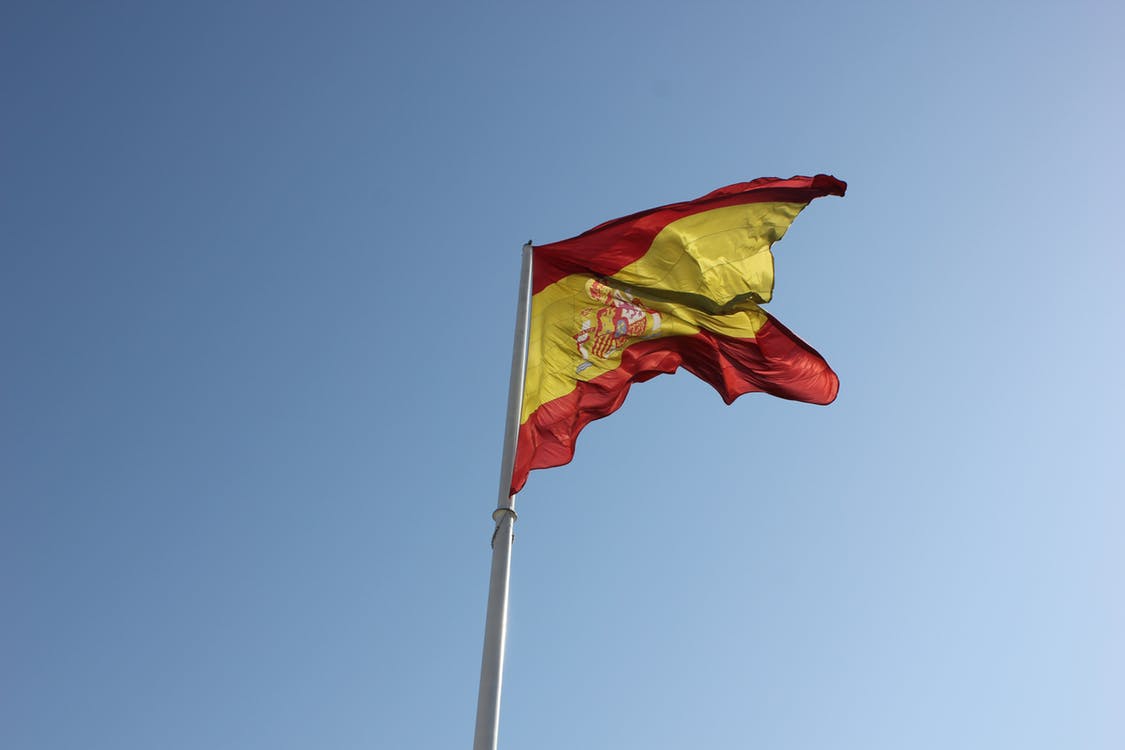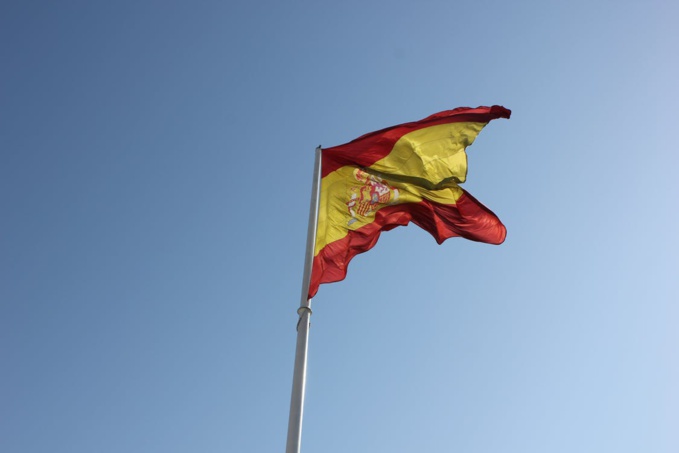The ultra-right wave seems to have reached the extreme south-west of Europe. The ultra-right party Vox, which opposes illegal migrants, abortions and independence of Catalonia, won seats in the regional legislature in the Andalusian regional elections last weekend/ It happened for the first time after the restoration of democracy in the kingdom more than forty years ago. The small but very right-wing Vox won 11% of the vote and took 12 of the 109 seats in the Andalusian parliament.
Elections in Andalusia were the first test of the leader of the Socialist Party, Prime Minister Pedro Sanchez. The socialists won the elections, but scored significantly fewer votes - 28% and got far fewer places than the elections in 2015: 33 and 47, respectively. There’s still a long way to reach the majority (55 places) that would allow forming one-party regional government. So now the socialists will have to create a coalition government.
According to political analysts, the main winners of the elections in Andalusia were the ultra-right from Vox. They showed a result that exceeded all forecasts. Even the most ardent supporters of the Vox did not expect to get more than five seats.
The Vox party was created four years ago. Andalusia, the most populated area of the country, became the first Spanish region where its representatives managed to enter the legislative branch. Not only they just enter, but also became, it seems, the key force in formation of a coalition government.
“The moment has come to say clearly and loudly who we are and for what we have come!” Said Vox’s candidate Francisco Serrano at a rally of ultra-right supporters who chanted: “Spain!”, “Spain!”, “Spain!”
More than a third of a century (36 years), Andalusia has been considered the patrimony of the Socialist Party, which this time showed the worst result in its history. Now there is a theoretical threat of removal of regional leader and socialist supporter Susana Diaz from the office. Yet, to do this, the rightists in parliament must unite with Vox.
“Despite the fact that we won the election,” Susana Diaz commented on the election results, “this is a sad evening for the Socialist Party. The left suffered great losses, but the worst thing is that the ultra-right, to whom the rest of Europe is already accustomed, came here too. ”
Diaz added that the socialists will do their best to keep the far right away from power in the kingdom in general and in Andalusia in particular. A potential ally of the socialists is the Left Forward Andalusia Party (AA). However, it won only 17 seats in the regional parliament, which would not be enough to create a left-wing regional government in alliance with the Socialist Party. The conservative People's Party (PP) has 26 seats, the Liberals from the Civil Party (Cs) have 21. Obviously, the socialists will try to form an alliance to create a coalition with the center-left.
In Spain, elections in Andalusia are considered as beginning of tests of the strength of Prime Minister Pedro Sanchez, who took the office in June. Recall that he came to power after unexpected defeat of “populist” Mariano Rajoy.
2019 will be an election year not only in Europe, but also in the Pyrenees. Spain will hold municipal, regional and European elections. It is also possible that the national early parliamentary elections will be held in May.
source: theguardian.com
Elections in Andalusia were the first test of the leader of the Socialist Party, Prime Minister Pedro Sanchez. The socialists won the elections, but scored significantly fewer votes - 28% and got far fewer places than the elections in 2015: 33 and 47, respectively. There’s still a long way to reach the majority (55 places) that would allow forming one-party regional government. So now the socialists will have to create a coalition government.
According to political analysts, the main winners of the elections in Andalusia were the ultra-right from Vox. They showed a result that exceeded all forecasts. Even the most ardent supporters of the Vox did not expect to get more than five seats.
The Vox party was created four years ago. Andalusia, the most populated area of the country, became the first Spanish region where its representatives managed to enter the legislative branch. Not only they just enter, but also became, it seems, the key force in formation of a coalition government.
“The moment has come to say clearly and loudly who we are and for what we have come!” Said Vox’s candidate Francisco Serrano at a rally of ultra-right supporters who chanted: “Spain!”, “Spain!”, “Spain!”
More than a third of a century (36 years), Andalusia has been considered the patrimony of the Socialist Party, which this time showed the worst result in its history. Now there is a theoretical threat of removal of regional leader and socialist supporter Susana Diaz from the office. Yet, to do this, the rightists in parliament must unite with Vox.
“Despite the fact that we won the election,” Susana Diaz commented on the election results, “this is a sad evening for the Socialist Party. The left suffered great losses, but the worst thing is that the ultra-right, to whom the rest of Europe is already accustomed, came here too. ”
Diaz added that the socialists will do their best to keep the far right away from power in the kingdom in general and in Andalusia in particular. A potential ally of the socialists is the Left Forward Andalusia Party (AA). However, it won only 17 seats in the regional parliament, which would not be enough to create a left-wing regional government in alliance with the Socialist Party. The conservative People's Party (PP) has 26 seats, the Liberals from the Civil Party (Cs) have 21. Obviously, the socialists will try to form an alliance to create a coalition with the center-left.
In Spain, elections in Andalusia are considered as beginning of tests of the strength of Prime Minister Pedro Sanchez, who took the office in June. Recall that he came to power after unexpected defeat of “populist” Mariano Rajoy.
2019 will be an election year not only in Europe, but also in the Pyrenees. Spain will hold municipal, regional and European elections. It is also possible that the national early parliamentary elections will be held in May.
source: theguardian.com



















